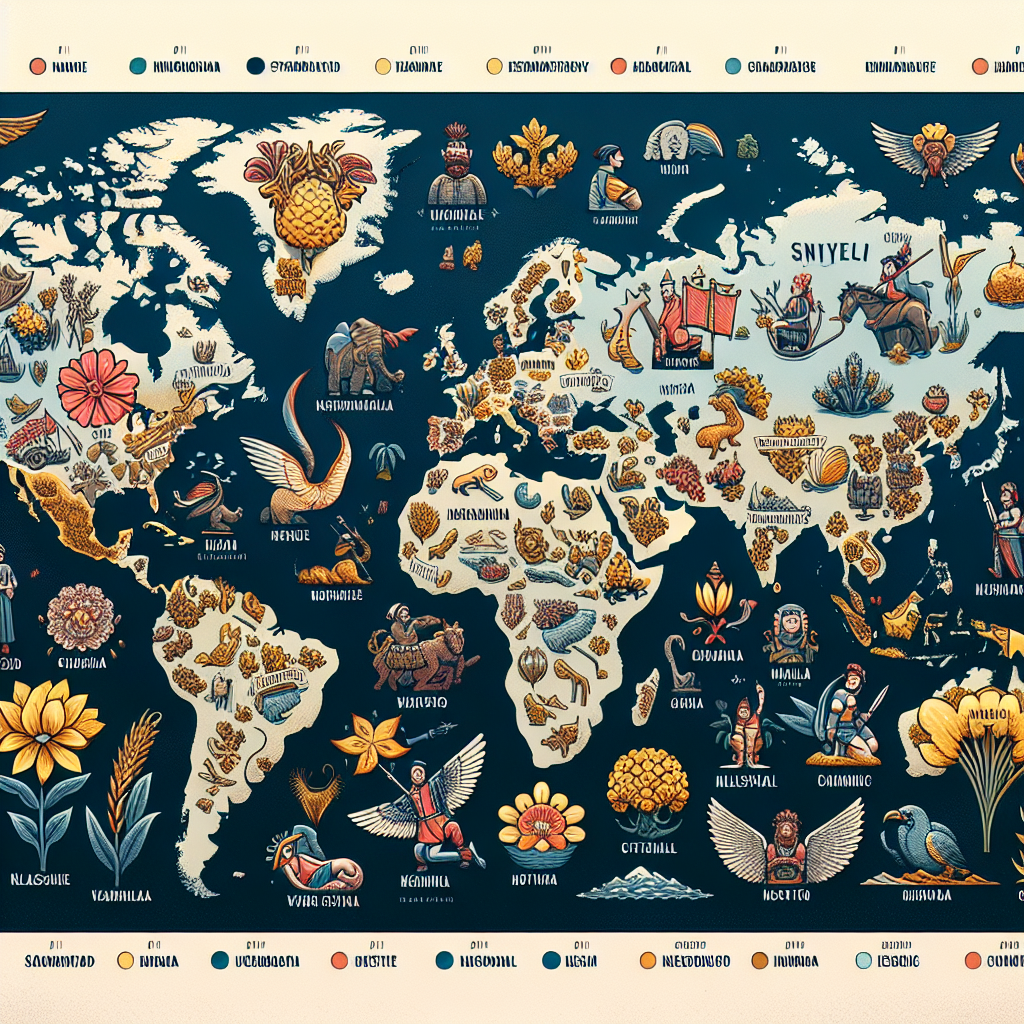The Origins and Meanings of Country Names
The Origins and Meanings of Country Names
Introduction to Country Names
Country names often carry rich histories and meanings that reflect the cultural, geographical, and historical contexts of their origins. Understanding these names provides insight into the identity and heritage of nations around the world.
Historical and Cultural Influences
Many country names are derived from:
- Geographical Features: Names like “Iceland” and “Greenland” are directly linked to their physical landscapes.
- Tribal or Ethnic Groups: Countries such as “France” and “Germany” are named after the Franks and the Germanic tribes, respectively.
- Historical Figures: Some nations, like “Colombia,” are named in honor of explorers or leaders, in this case, Christopher Columbus.
Linguistic Roots and Evolution
The linguistic evolution of country names often involves:
- Language Adaptation: Names may change as they are adapted into different languages, such as “España” becoming “Spain” in English.
- Colonial Influence: Colonial history has left its mark on names, with countries like “India” deriving from the Indus River, a name given by foreign powers.
Symbolism and Identity
Country names can symbolize national identity and pride:
- Mythological References: “Argentina” is derived from the Latin word for silver, “argentum,” reflecting the myth of a land rich in silver.
- Descriptive Meanings: “Australia” means “southern land,” highlighting its position in the southern hemisphere.
Conclusion
The origins and meanings of country names offer a fascinating glimpse into the diverse tapestry of global history and culture. By exploring these names, we gain a deeper appreciation for the stories and identities that shape our world.






































